Keywords: Environmental Justice
-

AUSTRALIA
- Frank Brennan
- 23 October 2015
4 Comments
Francis knows there are all sorts of issues inside and outside the Church where for too long people with power have tried to keep the lid on, in the hope that the problems and complexities will go away, often by parodying those who see the problems or complexities as small 'l' liberals or cafeteria Catholics. He delights in being joyful and troubled while contemplating big problems, calling people of good will to the table of deliberation reminding them of the kernel of the Christian gospels. He has the faith and hope needed to lift the lid without fear and without knowing the answers prior to the dialogue occurring.
READ MORE
-

AUSTRALIA
- Andrew Zammit
- 14 October 2015
8 Comments
In September Sydney's Daily Telegraph ran the headline 'Schoolyard Terror Blitz', reporting that 'schoolteachers will be given access to radicalisation information awareness kits explaining how to identify students at risk and what they should do to intervene as concerns grow about the rise of teen terrorists'. As the government prepares to address the involvement of schoolchildren in violent extremism, a controversial program in the UK shows a dangerous path that Australia must avoid.
READ MORE 
-

- Frank Brennan
- 18 September 2015
Pope Francis's concerns are not narrowly dogmatic or pedagogical but universally pastoral. He knows that millions of people, including erstwhile Catholics, are now suspicious of or not helped by notions of tradition, authority, ritual and community when it comes to their own spiritual growth which is now more individual and eclectic. He wants to step beyond the Church's perceived lack of authenticity and its moral focus on individual matters, more often than not, sexual. He thinks the world is in a mess particularly with the state of the planet — climate change, loss of biodiversity and water shortages, but also with the oppression of the poor whose life basics are not assured by the operation of the free market, and with the clutter and violence of lives which are cheated the opportunity for interior peace. He is going to great pains to demystify his office. He wants all people of good will to emulate him and to be both joyful and troubled as they wrestle with the probl
READ MORE
-

EUREKA STREET TV
- Peter Kirkwood
- 09 September 2015
1 Comment
Last week's image of Aylan Kurdi was emblematic of a range of current social crises: religious and ethnic conflict, discrimination and inequality, terrorism, the plight of migrants and refugees. Western Sydney University Humanities lecturer James Arvanitakis sees education as the key to grappling with them beyond the knee-jerk response to the disturbing images.
READ MORE 
-

- Frank Brennan
- 26 August 2015
7 Comments
When addressing Italian doctors last November, Pope Francis quoted St. Camillus de Lellis who suggested that the most effective method in caring for the sick was simply to 'Put more heart into those hands.' Let's do something to change the market settings and political settings here in Australia to modify the behaviour of all Australians in the future, and let's attend to our own Franciscan interior ecological conversion with our care for the vulnerable.
READ MORE
-

- Frank Brennan
- 06 August 2015
3 Comments
Pope Francis is not the first pope to address a social encyclical to everyone. But in comparison with his predecessors, Francis has been more inclusive in the process of writing the encyclical and in the final content of the document. He quotes from 17 different conferences of Catholic bishops. He is at pains to indicate that he is collaborative and that he takes the principle of subsidiarity very seriously. Being the final redactor of the text, he has felt free to interpolate some very folksy advice from time to time. He has also taken the liberty of inserting some very blunt, evocative images of environmental and economic devastation.
READ MORE
-
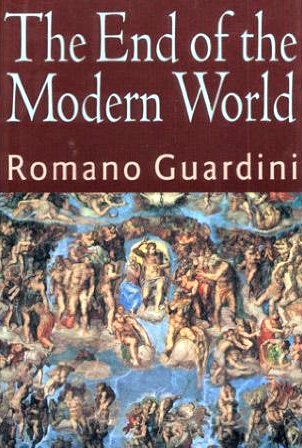
RELIGION
- Paul Collins
- 15 July 2015
9 Comments
While Francis has no time for technological solutions and 'fixes' for complex ecological problems, he is no techo-Luddite. What he does is link technological knowledge to power and says that those with this knowledge and the economic resources to use it, gain 'an impressive dominance over the whole of humanity and the entire world.'
READ MORE 
-
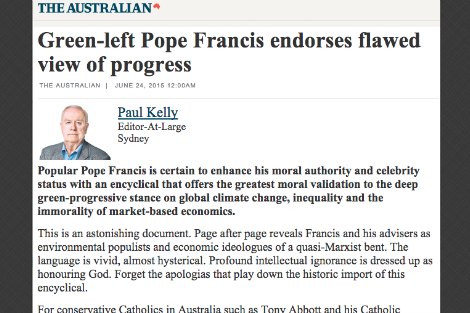
RELIGION
- Bruce Duncan
- 10 July 2015
37 Comments
In a series of articles, The Australian newspaper has strongly criticised the new encyclical Laudato Si', with editor-at-large Paul Kelly charging that the Pope has 'delegitimised as immoral' pro-market economic forces. This is wrong. Pope Francis is not opposed to the free market in principle, but insists that it be well regulated to ensure social justice for all involved.
READ MORE 
-

- Frank Brennan
- 08 July 2015
3 Comments
I suspect Pope Francis had some of our Jesuit alumni in mind when he wrote in his encyclical Laudato Si: 'A politics concerned with immediate results, supported by consumerist sectors of the population, is driven to produce short-term growth... True statecraft is manifest when, in difficult times, we uphold high principles and think of the long-term common good. Political powers do not find it easy to assume this duty'.
READ MORE
-
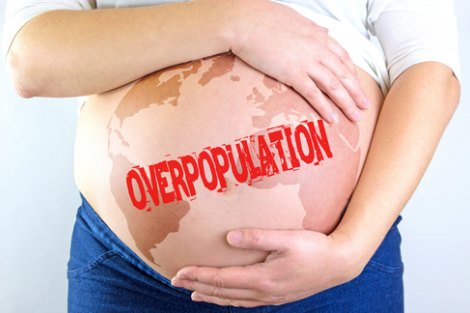
AUSTRALIA
- Andrew Hamilton
- 25 June 2015
23 Comments
In his recent encyclical, Pope Francis demands that, in addressing the needs of the environment, wealthy nations must reform an economic system that perpetuates poverty in the underdeveloped world. In seeking a conversion of heart on the part of those who are wealthy, he sees imposing artificial population control on the world's poor as a thoroughly unfair and unconverted attitude. The real problem is the greed of the rich, not the inability of the poor to control their fertility.
READ MORE 
-
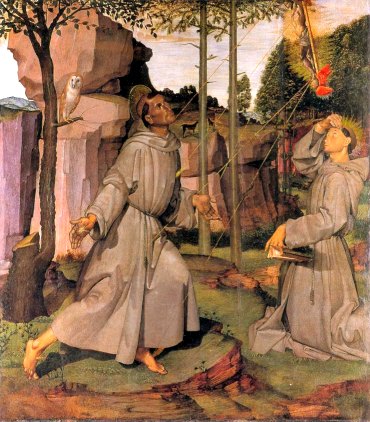
RELIGION
- Paul Collins
- 19 June 2015
24 Comments
Laudatio si is an extraordinary document addressed to 'every living person on this planet'. Ecological issues are no longer an after thought but up there with social justice and equity in an incisive, practical, realistic and far-reaching encyclical that tackles the most important issues facing us honestly and with absolute integrity. It will upset a lot of apple carts in the Church and in the world.
READ MORE 
-
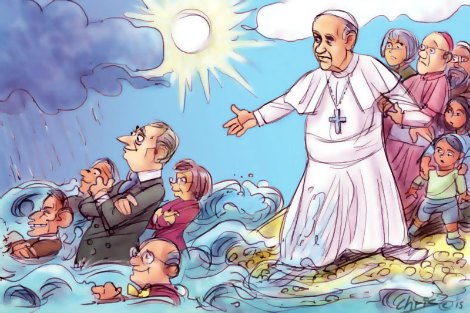
RELIGION
Both John Paul II and Benedict XVI made passing reference to environmental issues. Benedict spoke of the need for protection of the environment, resources the climate in his encyclical Caritas in Veritate. But in terms of its significance, Pope Francis’ forthcoming encyclical has the potential to do for the environmental movement what Pope Leo XIII’s Rerum Novarum (1891) did for the union movement – to provide it with a powerful source of moral and religious legitimacy in the face of those forces which have sought to limit their influence.
READ MORE 